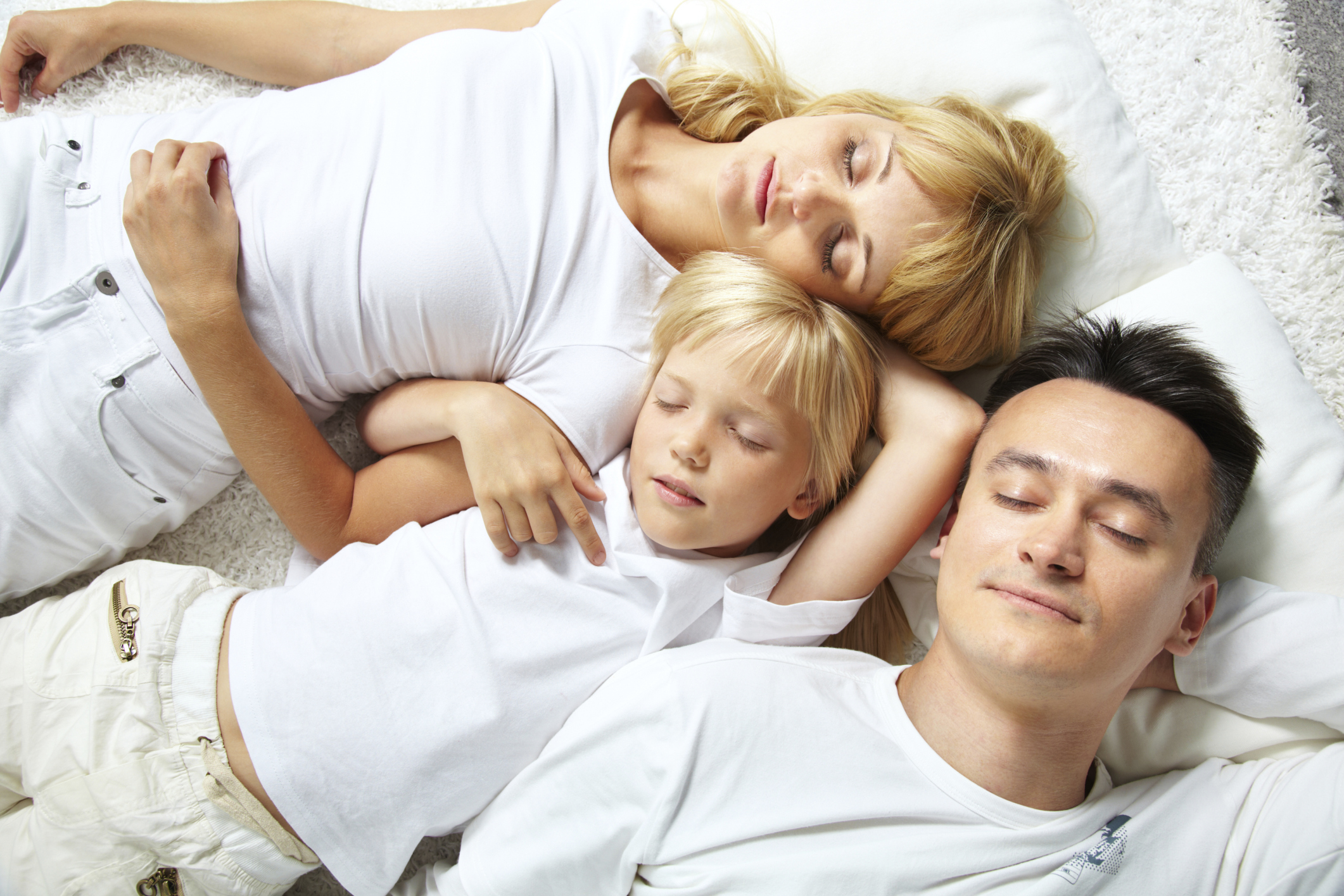
Millions of people struggle to fall asleep every night, and all that tossing and turning can leave you (and your partner) tired and cranky the next day. Persistent insomnia can be a good reason to schedule a visit with your doctor, but you may also be able to make some simple lifestyle changes which can help you relax at bedtime and fall asleep quickly.
Stick to a schedule
Planning a schedule which allows you to go to bed at the same time every night can make a big difference in the quality of your sleep. To choose the best bedtime, consider the time you need to wake up each morning and allow yourself eight hours to sleep, plus 30 to 60 minutes to unwind and fall asleep. For example, waking up at 7 a.m. would require a bedtime of 10 p.m. if you want to plan for eight hours of sleep.
Set a bedtime routine
People are creatures of habit and this is especially true when it comes to getting to sleep quickly. Of course, a bedtime routine involves more than going to bed at the same time. Create a set of steps which you can follow every night. Brush your teeth, take a warm shower, change into your pajamas and add any other bedtime rituals in the same order each night. Over time, your body will learn to recognize the signs that it is time to go to sleep.
Exercise during the day
Fitting in plenty of exercise or activity during the day will help burn off excess energy and make you tired at bedtime. But be careful not to exercise too close to bed, as strenuous activity can make you feel more energized for a few hours. For best results, plan heavy workouts for earlier in the day and consider adding some light stretching or yoga poses about an hour before you plan to go to sleep.
Create a comfortable setting
Your bedroom should be a place which invites sleep. Use low lighting while getting ready for bed and avoid reading or watching TV in bed. If you like to read at night, try sitting in a chair and only move to the bed when you are ready to put the book down. Some people also find that it helps to use room-darkening curtains and keep the temperature cooler in the bedroom. Experiment to discover what creates the most sleep-friendly environment for you.
Limit stimulants
Eating and drinking before bed can keep you tossing and turning at night, especially if you consume sugar or caffeine. Many stimulants (like nicotine or caffeine) take hours to wear off, so you should stop them in the early afternoon if you want to get a good night’s sleep. Pay attention to what you consume and how it affects your sleep. Multivitamins and medications may have a stimulating effect, so it could be better to take them in the morning. Although alcohol is a depressant, it can also wake you up, and keep you up, later in the night.
With regular practice, you can find a bedtime routine which helps you fall asleep quickly and stay asleep the whole night through.
